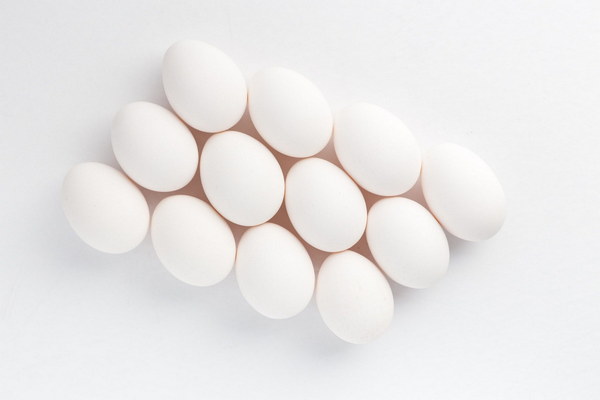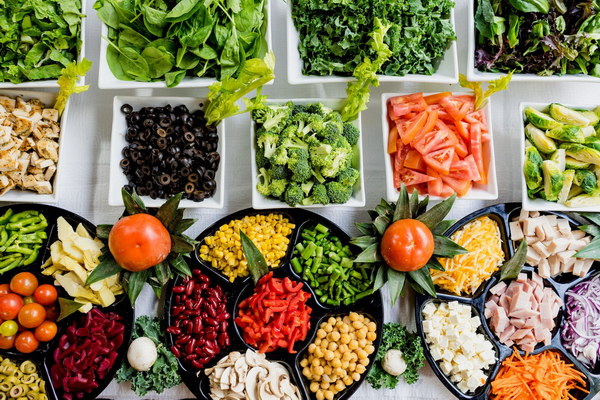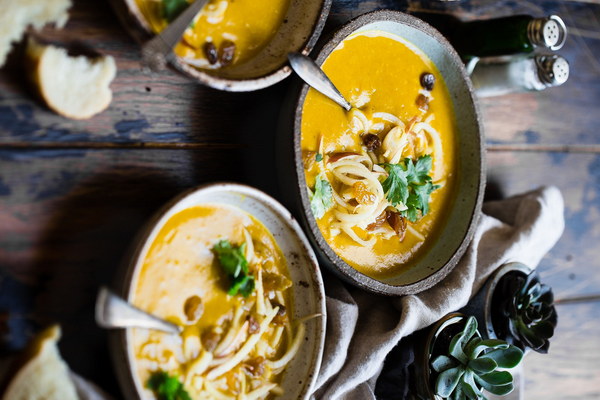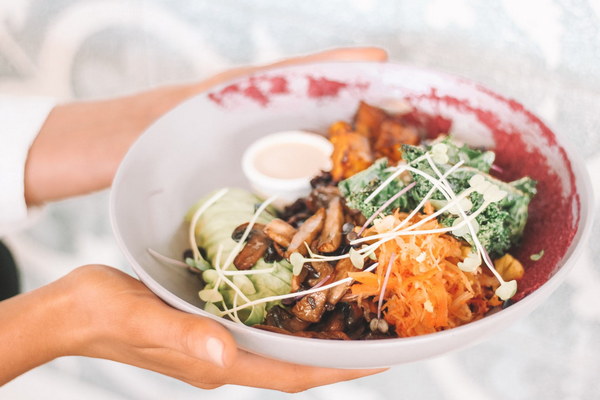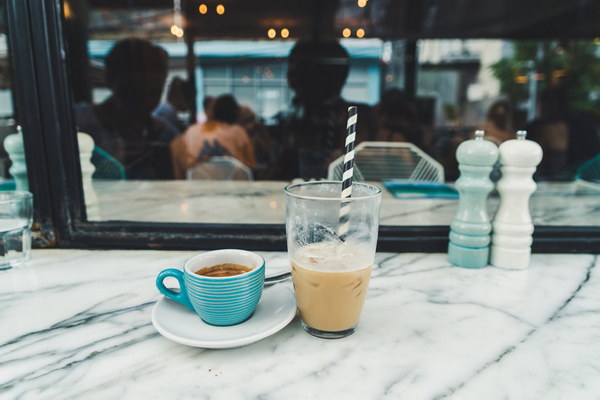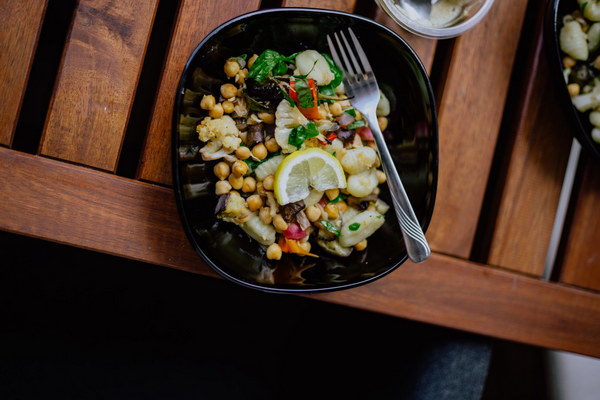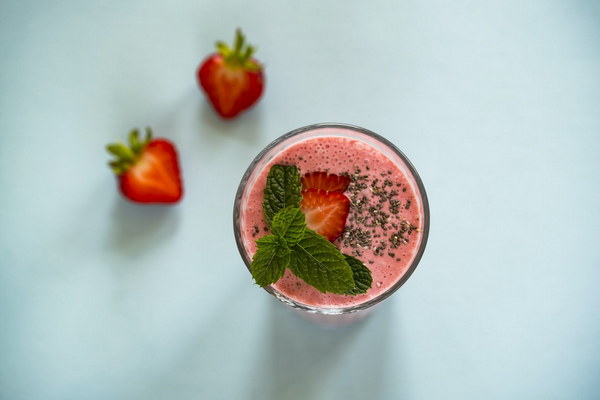Traditional Chinese Herbs for Blood Building and Hemorrhoids A Natural Approach to Alleviating Rectal Bleeding
In the realm of traditional Chinese medicine (TCM), the concept of blood building is crucial for maintaining overall health. Hemorrhoids, or piles, are a common condition characterized by the inflammation of veins in the rectum and anus, often resulting in rectal bleeding. This article explores the use of TCM herbs for blood building to alleviate hemorrhoidal symptoms and provide relief from rectal bleeding.
Blood in TCM is considered the substance that nourishes the body and ensures the proper functioning of organs and tissues. When blood is deficient, it can lead to a variety of health issues, including hemorrhoids. TCM herbs for blood building aim to replenish and strengthen the blood, thus improving overall health and reducing hemorrhoidal symptoms.
One of the most commonly used TCM herbs for blood building is Angelica sinensis, also known as dang gui. Dang gui is a staple in TCM for treating various blood-related disorders, including hemorrhoids. Its properties include invigorating the blood, promoting circulation, and alleviating pain. Dang gui can be taken in various forms, such as capsules, powders, or as a decoction.
Another popular herb for blood building is Rehmannia glutinosa, or shu di huang. Shu di huang is known for its ability to nourish the blood, moisten the intestines, and alleviate constipation, which can contribute to hemorrhoidal symptoms. This herb is often combined with other TCM herbs to create a balanced formula that addresses the root cause of the condition.
Other herbs that can be used for blood building and hemorrhoidal treatment include:
1. Polygonum multiflorum (He shou wu): This herb is known for its anti-inflammatory and analgesic properties, which can help reduce hemorrhoidal pain and swelling.
2. Alisma orientale (Ze xie): Alisma orientale is used to drain dampness and relieve bloating, which can contribute to hemorrhoidal symptoms.
3. Atractylodes macrocephala (Bai zhu): This herb helps to strengthen the spleen and improve digestion, which can help prevent constipation and alleviate hemorrhoidal symptoms.
4. Coptis chinensis (Huang lian): Huang lian is used to clear heat and dry dampness, which can help reduce inflammation and bleeding in hemorrhoids.
When using TCM herbs for blood building and hemorrhoidal treatment, it is essential to consult with a qualified TCM practitioner. They can provide a personalized diagnosis and recommend an appropriate herbal formula based on individual needs. It is important to note that while TCM herbs can be effective for some individuals, they may not work for everyone, and some may experience adverse reactions.
In addition to herbal treatments, lifestyle modifications can also help alleviate hemorrhoidal symptoms and reduce the risk of recurrence. These include:
1. Increasing fiber intake: Eating a diet rich in fruits, vegetables, and whole grains can help prevent constipation and promote regular bowel movements.
2. Drinking plenty of water: Staying hydrated can help keep stool soft and make bowel movements easier.
3. Avoiding straining during bowel movements: Straining can exacerbate hemorrhoidal symptoms, so it's important to avoid pushing too hard when having a bowel movement.

4. Exercising regularly: Regular physical activity can help maintain a healthy weight and improve overall circulation.
5. Using hemorrhoidal creams or suppositories: Over-the-counter hemorrhoidal creams and suppositories can provide temporary relief from pain, itching, and bleeding.
In conclusion, TCM offers a natural approach to treating hemorrhoids and rectal bleeding through the use of blood-building herbs. While these herbs can be effective for some individuals, it's important to consult with a qualified TCM practitioner and make lifestyle modifications to achieve the best possible outcome.

